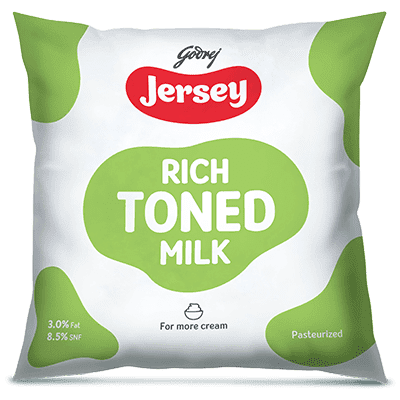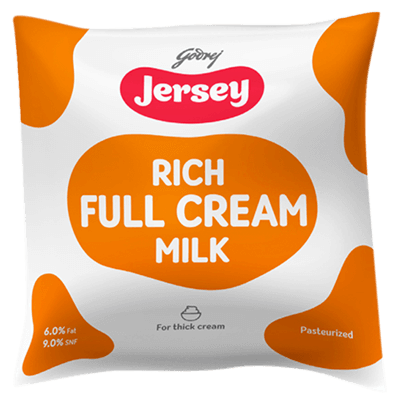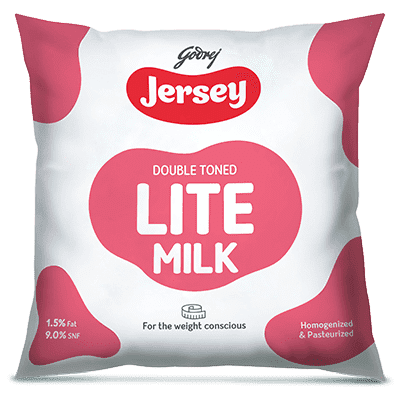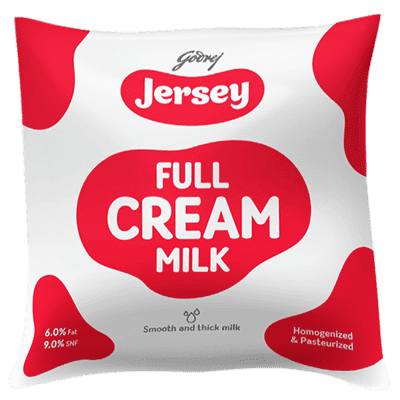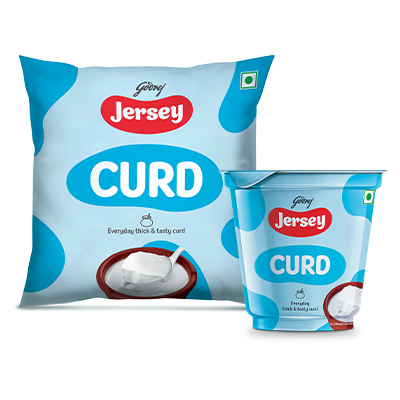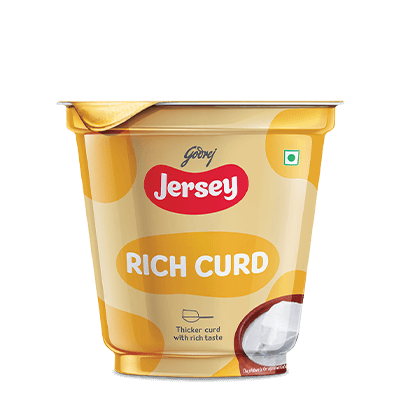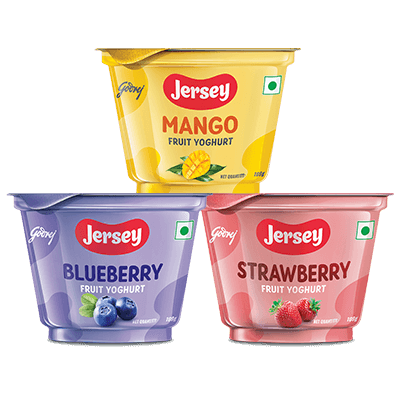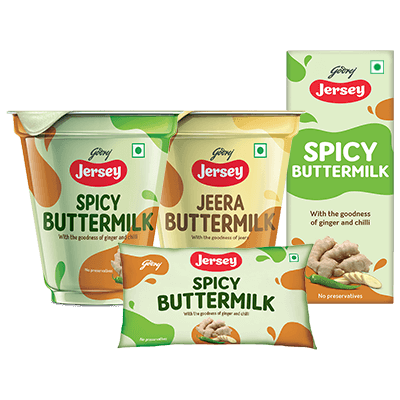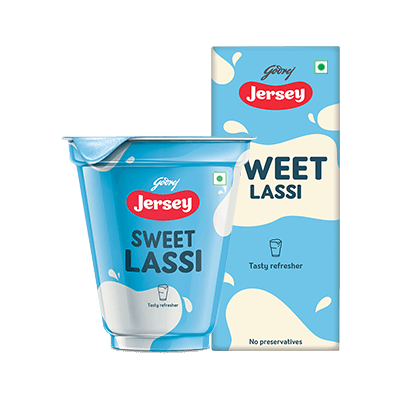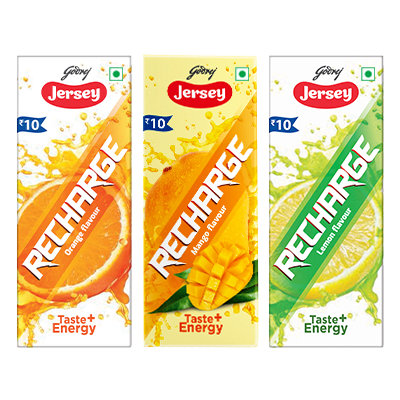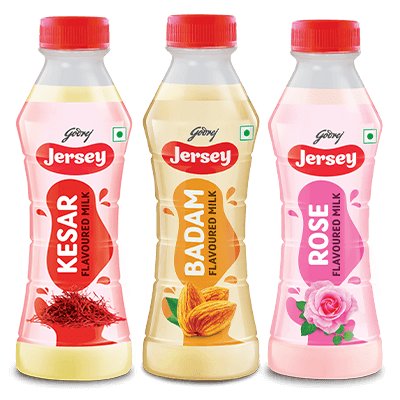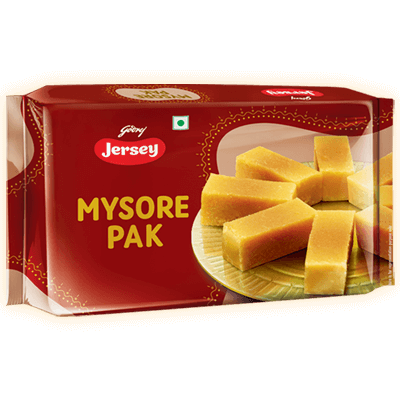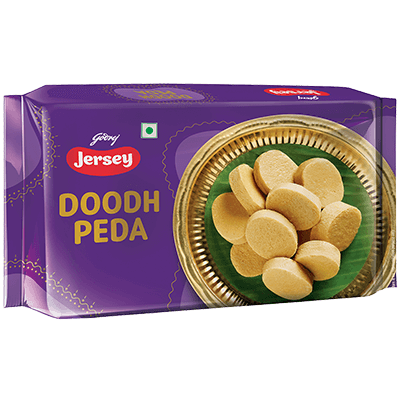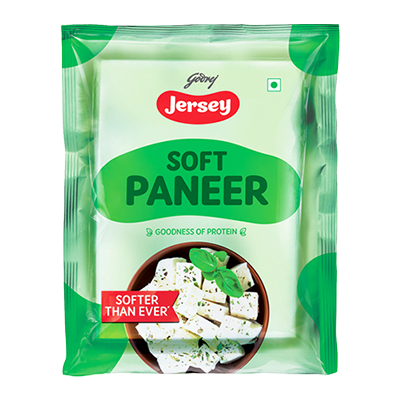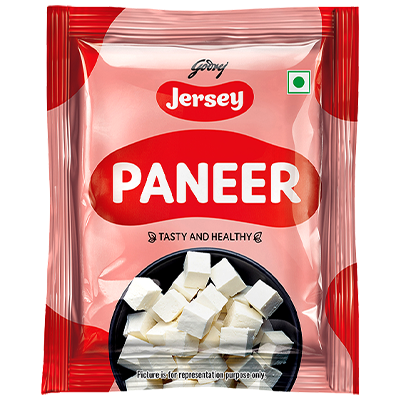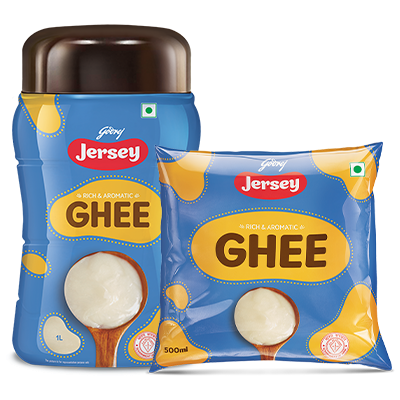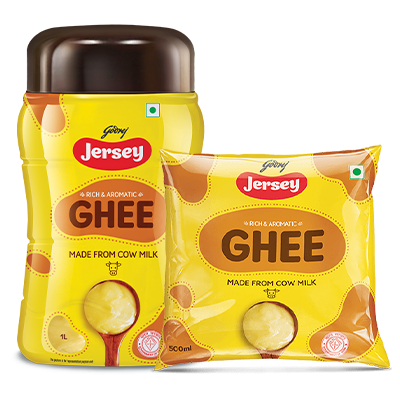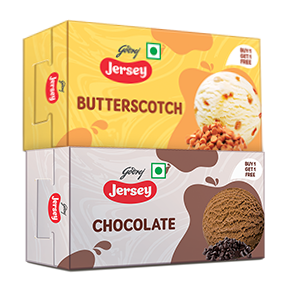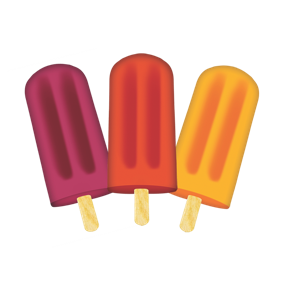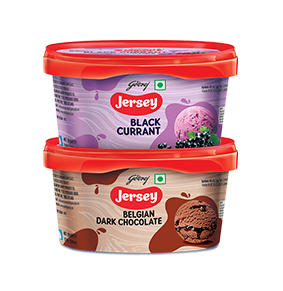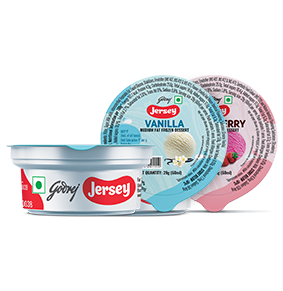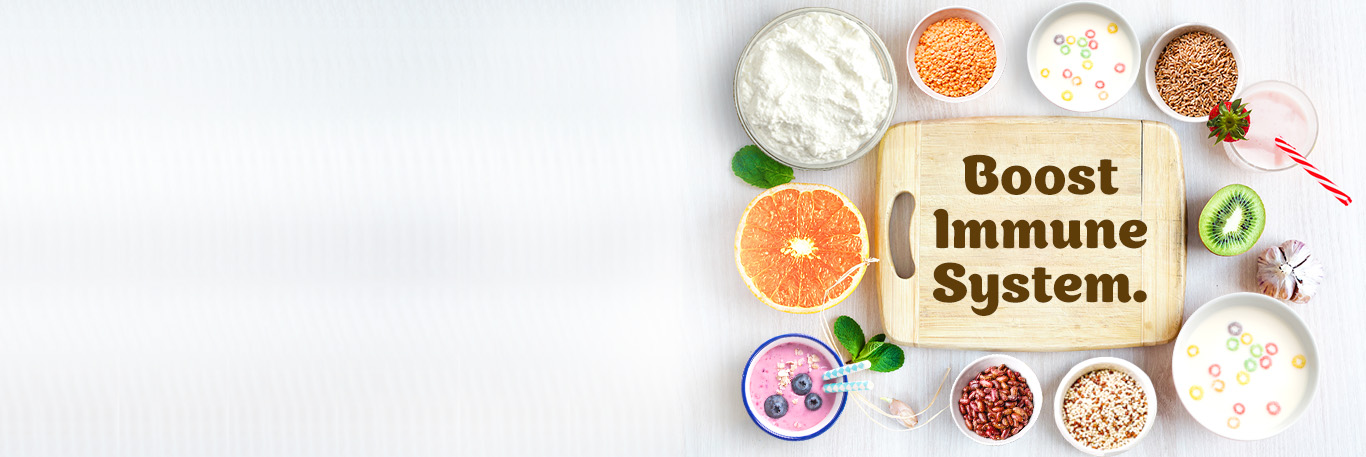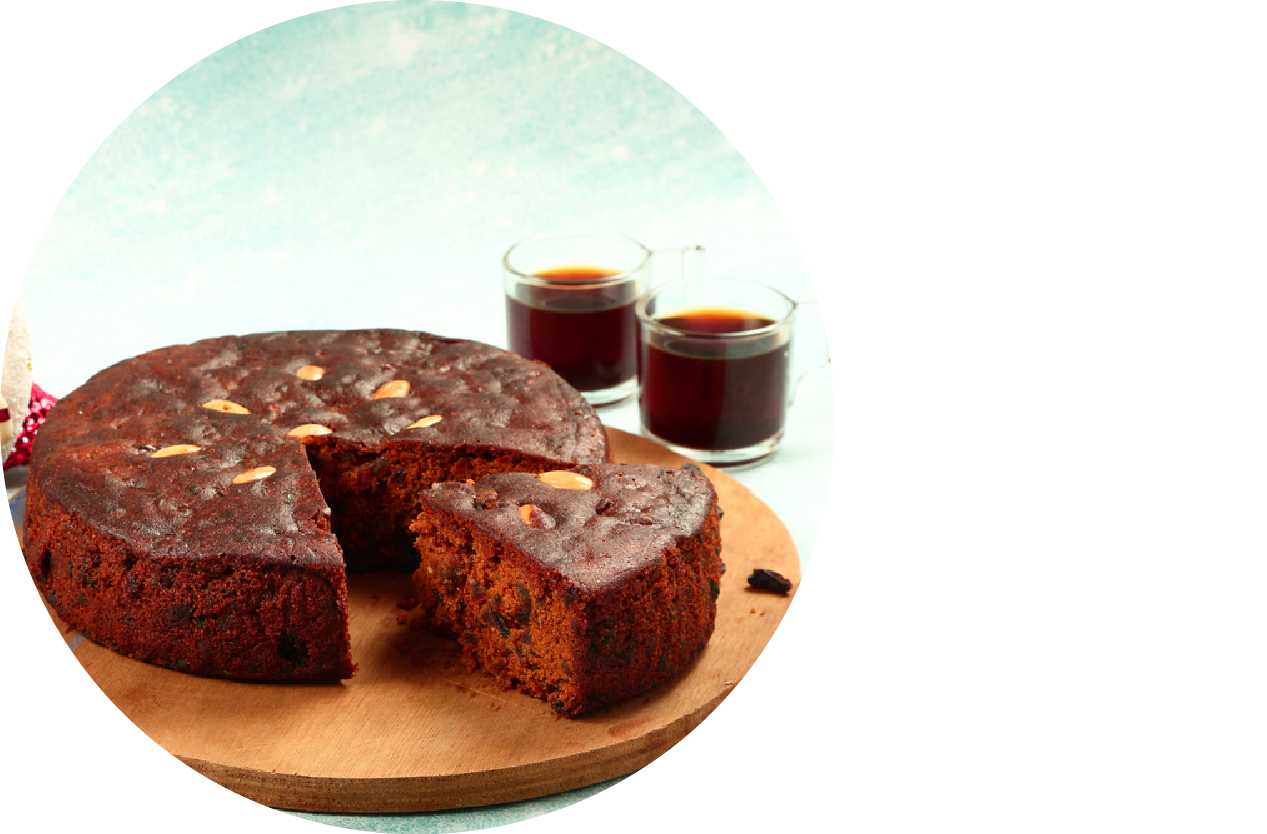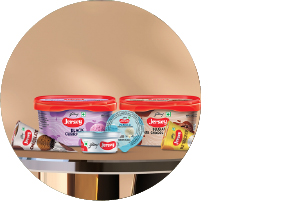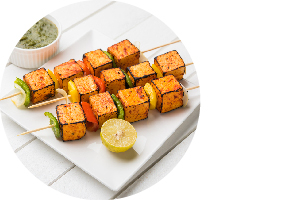The immune system is the body's army to fight any pathogen. Our body consists of cells, tissues and organs which work together to fight the germs and prevent infections. The main organs are thymus, bone marrow and lymph nodes. For the immune system to work properly, we need to maintain our health by taking the right kind of food.
The key food essential to maintain the immune system are Protein, Vitamins, Fruits, Vegetables and Phytonutrients.
Proteins are present in Dairy products such as Milk, Curd, Paneer and Khoa. Dals and whole pulses also up your protein intake significantly. In the vegetarian kingdom, if we take dal and vegetables in substantial quantities along with a variety of dairy products, we can reach the RDA (Recommended Daily Allowance) for the day.
Dairy can be taken in various forms. It has a great impact on the protein intake and hence aids in building immunity. The different kinds of Dairy include:
Milk: This is one of the most universally used diets for children, adults as well as senior citizens. It is wholesome as it contains nutrients such as high biological value protein, calcium and vitamin B. It is beneficial as an early morning food or at any time of the day. It can also go along with Cereals, Cooked Rice, and Porridge. It can provide the right amount of high biological value protein to build immunity and fight infection. Milk, along with some almonds, popularly known as badam milk, adds good taste and significant health benefits to this delicious drink.
Paneer: Children above ten years and adults can take this rich source of protein. With India, having a reduced intake of protein, paneer can be very useful in bridging the gap. Paneer can also be a healthy snack for children as well as adults by just sautéing it with some spices. It can be used in parathas, dosas or as a side dish for roti.
Ghee: Ghee contains medium-chain fatty acids, which have powerful gut-health-boosting and detoxification properties. It has both anti-inflammatory and antioxidant benefits making it extremely difficult for most diseases to thrive.
Buttermilk: Buttermilk is low in fat and has some protein content, making it a preferable drink. The high quantity of good bacteria in it helps us to build strong immunity to fight infection. Due to its low-calorie property, this drink is a tasty snack or can also go along with a meal. People of all ages can enjoy this drink.
Whey: Whey protein is a very effective source of protein. It is a good way of hydrating oneself, along with some protein.
Vitamins and Minerals play a pre-eminent role in combating immunity among the water-soluble vitamins Vitamin C and Folate, which is a Vitamin B. Vitamin E and Vitamin D are fat-soluble vitamins.
Vitamin C: Fresh Amla, Citrus Fruits, Lime are the best sources for Vitamin C. It has one of the highest antioxidants and helps in building the cells needed for immunity function.
Vitamin B - Folate: Dals and Whole pulses, Green leafy vegetables, broccoli, peas are some common sources of folate. Folate provides a vital role in DNA and protein synthesis and hence directly affects immunity functions.
Vitamin E: Sources are Sunflower Seeds, Peanuts and Almonds. Vitamin E directly works with the immune cell functions and helps in building immunity.
Vitamin D: At least 15 minutes of sun exposure between 11 am and 3 pm twice a week apart from fortified foods in a vegetarian diet is recommended. Vitamin D helps in impulsive immune responses. It also protects the body from other invading organisms and provides protective immunity.
Iron: Some good sources of iron are Garden cress seeds, Whole pulses, Fortified foods like cereals and bakery items. Iron has an essential role in immune cells proliferation and maturation, especially lymphocytes. It also helps in the specific response to infection. Those who are iron deficient, these functions may be disturbed.
Selenium: Garlic, Broccoli, Nuts, Barley are sources of Selenium. Selenium reduces oxidative stress and reduces inflammation. It also helps in enhancing immunity.
Zinc: Sources are Lentils, whole grains, tofu, nuts and seeds. Zinc helps in the healing of wounds and keeping the immune system healthy.
Taking a Balanced diet is essential, while we have listed all the essential dietary elements above, one key thing to note is that having a balanced diet often is essential for good health because taking nutrition in the right quantities makes us healthy. It consists of 5 food groups:
Cereal or Grains: Cereals are the primary food group that provides carbohydrates and energy: Rice varieties, Wheat and its products, Millets and other sorghum, barley etc. The recommendations differ according to the age and activity of the person.
Protein Foods: In the Vegetarian kingdom Dals, Pulses and Dairy products are a rich source of protein intake, but in the case of non-vegetarian, it is Egg, Fish and Chicken. Proteins are essential for growth, pregnancy and lactation. It is also beneficial to people who do regular exercise and are always active at sports. Protein also helps people to fight infections by increasing immunity.
Vegetables: Vegetables are of different types. These are Green leafy varieties, Beans varieties, Gourds, Western Vegetables, Traditional Vegetables. Adults need to consume at least 3 to 5 servings per day. Children can consume depending on their age group; maybe they might require 1 or 2 servings per day.
Fruits: Fruits are very seasonal. Some good examples of healthy fruits are Papaya, Guava, Pear, Pomegranate, Watermelon, Sweet lime and Nagpur orange or loose jacket, which even a person with diabetes can consume safely. Adults should take at least two servings per day.
Dairy: It is recommended to have milk or curd, the quantity to be at least two cups per day. Paneer can be considered in the diet once or twice a week.
It is very imperative to nurture yourself with the right diet to live a happy and healthy life.
Dharini Krishnan, Consultant Dietitian.



